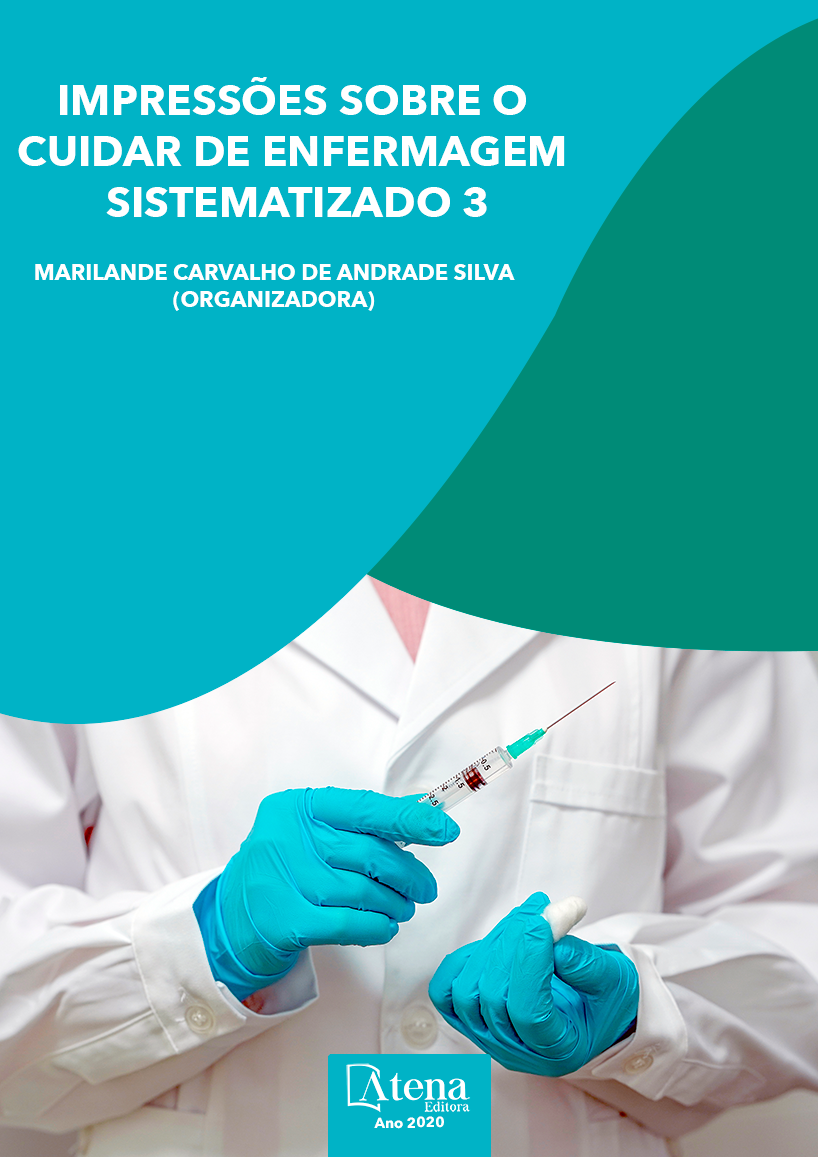
ASPECTOS RELACIONADOS A SEGURANÇA DO PACIENTE
A temática envolvendo a segurança da assistência ao paciente nas instituições de saúde parece algo tão óbvio que sempre causa espanto quando incidentes são noticiadas nos meios de comunicação como: administração de medicação trocada; pacientes que passaram por procedimentos cirúrgicos incorretos; quedas; transfusões sanguíneas incompatíveis; dentre outros. O erro humano e a segurança do paciente no sistema de saúde tem seus primórdios em 2 mil anos atrás, quando Hipócrates escreveu seu postulado Primum non nocere, que em português significa - primeiro não cause danos. A segurança do paciente trata dos riscos envolvidos na assistência à saúde e busca minimizar esses riscos, além de reduzir ou eliminar os Eventos Adversos (EAs), que se refere ao aparecimento de um problema de saúde causado pelo cuidado prestado e não pela doença em si, podendo ocasionar uma lesão involuntária; incapacidade temporária ou definitiva; aumento no tempo de permanência ou morte. O profissional de enfermagem, assim como a equipe como um todo, ocupa grande parte da responsabilidade em relação à segurança no cuidado. Portanto, os erros mais frequentes relacionados ocorrem na administração de medicamentos; na transferência de paciente e na troca de informações; no trabalho em equipe e comunicação; na incidência de quedas e de úlceras por pressão; nas falhas nos processos de identificação do paciente, na incidência de infecção relacionada aos cuidados de saúde. As instituições devem contar com um NSP atuante e tem o importante papel de agir como a autoridade responsável pela prevenção, controle e redução de EA’s promovendo melhorias relacionadas à segurança do paciente e a qualidade na assistência prestada.
ASPECTOS RELACIONADOS A SEGURANÇA DO PACIENTE
-
DOI: 10.22533/at.ed.8812023043
-
Palavras-chave: Segurança do paciente. Eventos adversos. Profissional de saúde.
-
Keywords: Patient safety. Adverse events. Health professional
-
Abstract:
The issue involving the safety of patient care in healthcare facilities seems so obvious that it always causes astonishment when incidents are reported in the media such as: administration of changed medication; patients who underwent incorrect surgical procedures; falls; incompatible blood transfusions; among others. Human error and patient safety in the health system began in 2000 years ago, when Hippocrates wrote his postulate Primum non nocere, which means - first do no harm. The first publication on the subject of patient safety was by Schimmel, in 1964, under the title "The Hazards of Hospitalization", which in Portuguese means: the dangers of Hospitalization. His article showed that many of the patients admitted to the study hospital suffered complications resulting from care and some of them fatal. Patient safety addresses the risks involved in health care and seeks to minimize these risks, as well as reducing or eliminating Adverse Events (AEs), which refer to the onset of a health problem caused by the care provided and not by the disease itself. , which may cause an involuntary injury; temporary or permanent disability; increased length of stay or death. The nursing professional, as well as the team as a whole, occupies much of the responsibility for safety in care. Therefore, the most frequent related errors occur in drug administration; patient transfer and information exchange; in teamwork and communication; incidence of falls and pressure ulcers; failures in patient identification processes, incidence of healthcare-related infection. Institutions must have an active NSP and has the important role of acting as the authority responsible for the prevention, control and reduction of AEs promoting improvements related to patient safety and quality of care.
-
Número de páginas: 13
- Maria Clara de Melo Medeiros
- Leila Lorrane Araujo de Carvalho
- Luís Carlos Lopes Barbosa
- Raimunda Nonata da Silva
- Maria de Fátima Alves da Rocha
- Mara Beatriz de Carvalho Ferreira
- Kelton Silva da Costa
- Henrique Alves de Lima
- Francis Aiala de Araújo Ferreira
- Emilly da Silva Pereira
- Ana Paula Melo Oliveira
- Amanda Cristina Machado Lustosa
- Cleidiane Leal Borges


